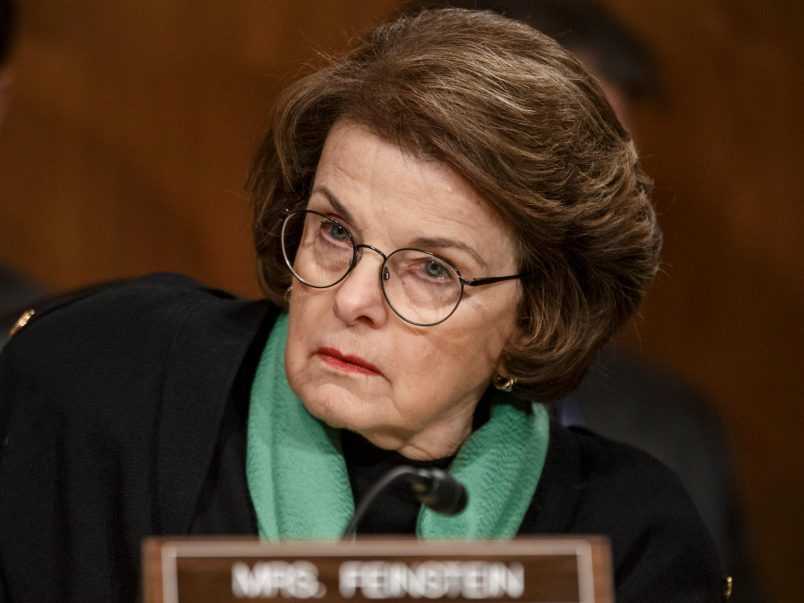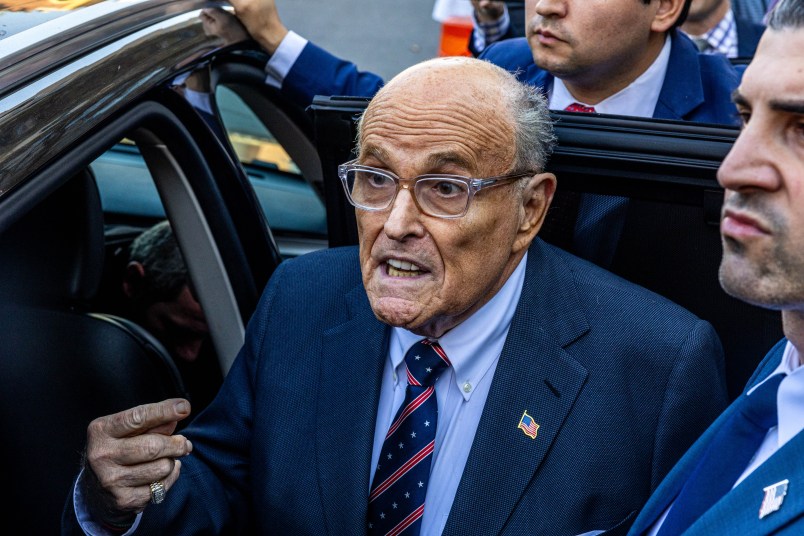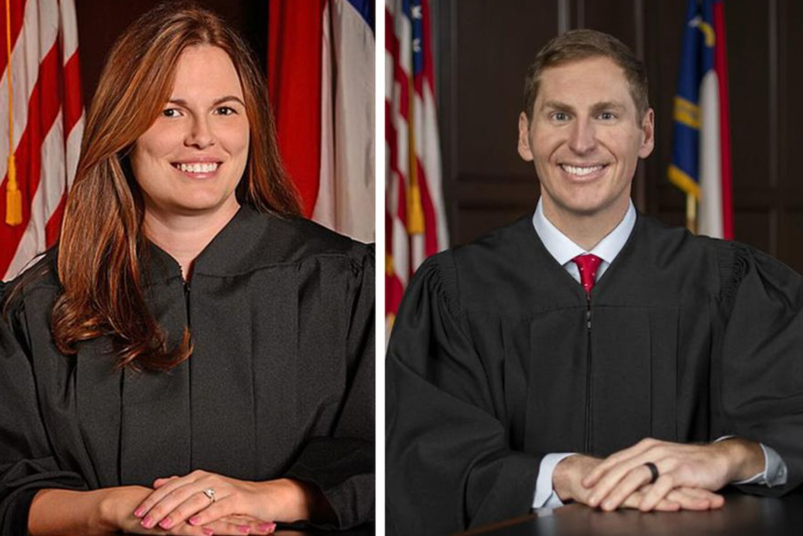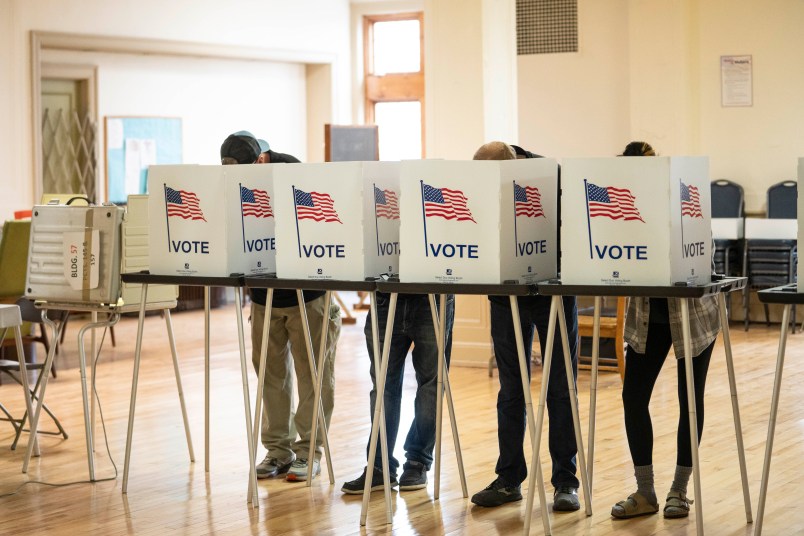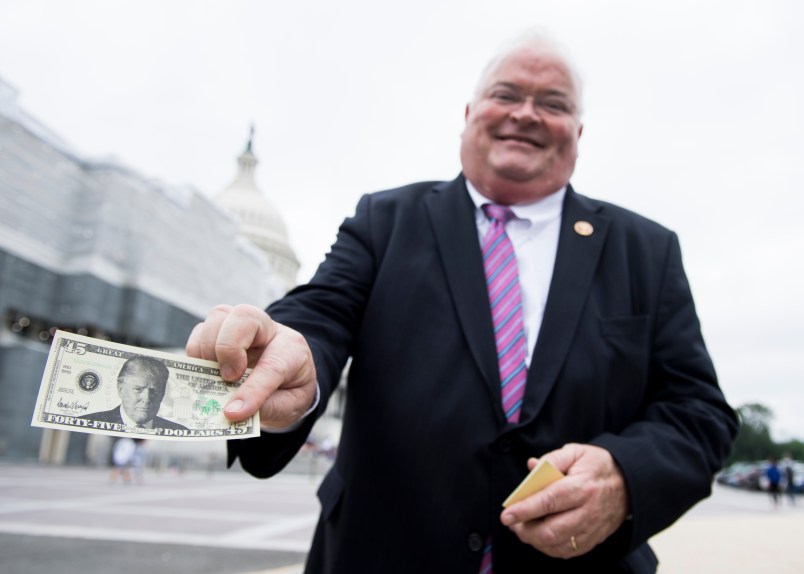WASHINGTON (AP) — For President Barack Obama, a public spat between his trusted ally at the CIA and a loyal Democratic senator has put into sharp focus his complicated role in managing the post-Sept. 11 anti-terror programs he inherited from George W. Bush.
The president wants to stay neutral in the feud that erupted last week between Sen. Dianne Feinstein, D-Calif., and CIA Director John Brennan, who served as Obama’s top counterterrorism adviser before being tapped to lead the spy agency. Feinstein accused the CIA of illegally searching computers the Senate Intelligence Committee used to study documents related to the harsh interrogation techniques the agency employed after the 2001 terror attacks.
In brief comments on the dispute, Obama said taking sides was “not something that is an appropriate role for me and the White House to wade into at this point.”
Staying out of the fray may prove difficult for Obama, given that he’s already entwined with the issue at the core of the dispute: What kind of public reckoning should there be for those who carried out waterboarding and other harsh interrogation methods?
Even as Obama was publicly declaring his neutrality in the dispute between Feinstein and Brennan, he dispatched his chief of staff, Denis McDonough, and top lawyer Kathryn Ruemmler to Capitol Hill to meet with the California senator.
The president has already said he wants the report from Feinstein’s committee to be made public. The Senate committee only undertook the report after Obama banned the interrogation techniques upon taking office. His opposition to the controversial activities had been a centerpiece of his first presidential campaign, helping him build support among Democrats and independents.
“There’s no reason for him to in any way hide the truth of what happened,” said Tommy Vietor, Obama’s former National Security Council spokesman.
But carrying out that pledge has proved to be a complicated exercise, marred by friction between Senate Democrats and the CIA, where many officials involved in the harsh interrogation techniques still work. Among them is Brennan, who was a senior official at the agency during the Bush administration.
Tensions between Feinstein and the CIA reached a boiling point last week.
In an extraordinary speech on Capitol Hill, Feinstein accused the CIA of illegally spying on her committee’s work. Brennan responded by saying Senate investigators may have “improperly obtained and/or retained” sensitive CIA documents, in violation of the ground rules for how the classified materials would be handled. The agency’s acting general counsel asked the Justice Department to look into whether Senate staffers committed a crime.
The White House says the CIA gave the president’s lawyer a heads up that it was filing a complaint with the Justice Department. But the White House did not weigh in with any judgment on that step, officials said.
“With respect to the issues that are going back and forth between the Senate committee and the CIA, John Brennan has referred them to the appropriate authorities and they are looking into it,” Obama said.
Obama’s remarks were intended to illustrate his neutrality on the matter. But Michael Hayden, a CIA director under Bush, said they were interpreted by the intelligence community as “tacit acceptance from the White House” of the CIA’s decision to take action against its Senate investigators.
“The president owes certain people freedom of action, particularly when they’re defending their agency,” Hayden said.
The CIA says it disputes significant parts of Feinstein’s 6,300-page report, which remains secret. And while Obama has said he wants to declassify parts of the report, people close to the administration say the White House is weighing the impact on current CIA officials who were involved in the harsh interrogations, as well as the possibility that new details about the program could inflame anti-American sentiment in the Arab world and in Afghanistan.
The interrogations program was one of several initiatives Obama inherited from Bush that he pledged to change or end altogether. But fulfilling each of those promises has proved deeply complicated.
Despite Obama’s repeated pledges to shut down the prison for terrorist suspects at the U.S. naval base at Guantanamo Bay, Cuba, the facility remains open. The president has run into intractable opposition from Republicans who don’t want to transfer detainees to prisons in the U.S., severely limiting the administration’s options.
Obama was also critical as a presidential candidate of the domestic surveillance programs run by the National Security Agency. But after moving into the Oval Office, Obama kept most of the programs in place, adding what officials said was a more robust system of checks and balances to monitor the programs.
Those steps did little to quell the controversy when NSA systems analyst Edward Snowden released a trove of documents last year revealing the vast reach of the government’s surveillance programs. It was only after those revelations became public that Obama launched a review of the operations, which has resulted in some modest changes while continuing to keep the core structure of the programs in place.
In an ironic twist, Feinstein — the senator at odds with the CIA on interrogations — has been perhaps Obama’s staunchest Democratic ally in backing the surveillance programs.
___
Follow Julie Pace at http://twitter.com/jpaceDC
Copyright 2014 The Associated Press. All rights reserved. This material may not be published, broadcast, rewritten or redistributed.





